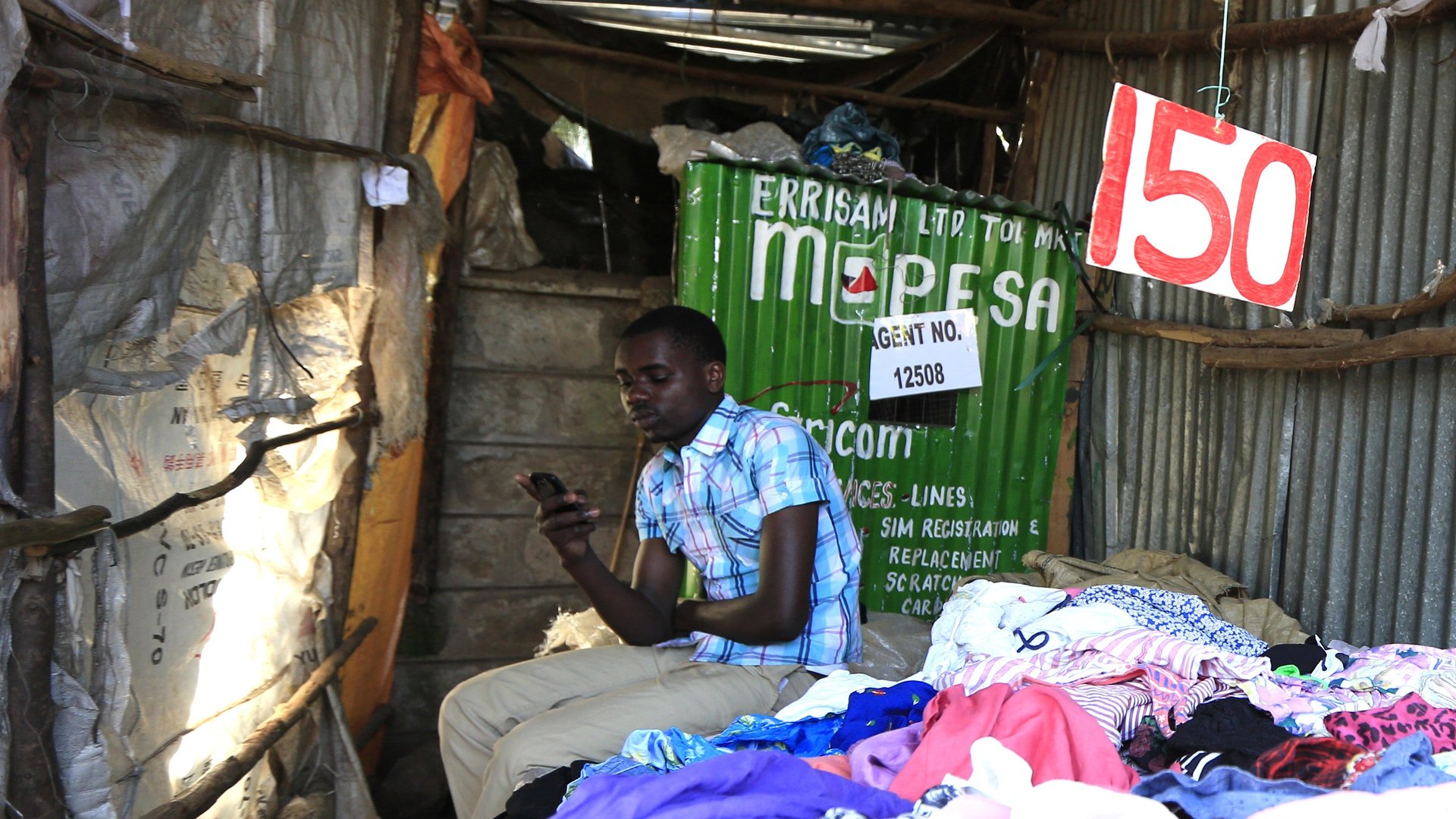Investors in Africa are so focused on the poor that they are ignoring the middle class
African businesses that don’t focus on helping the poorest are being ignored by investors, according to Agosta Liko, a Kenyan entrepreneur and founder of PesaPal, a payments system for online and mobile money.


African businesses that don’t focus on helping the poorest are being ignored by investors, according to Agosta Liko, a Kenyan entrepreneur and founder of PesaPal, a payments system for online and mobile money.
African tech startups received more than $185 million in funding in 2015, with countries like Kenya seeing their best year in fundraising—a sharp contrast to a global slowdown in the sector last year. But critics like Liko think that too much funding is going toward “social enterprises,” a profit-making company whose goal is social impact.
Speaking at the Quartz Africa innovators summit on July 20, Liko said:
When you look at Kenyan tech, sometimes it feels like you need to put up a picture of a poor lady on the side of the road selling mangos to get funding. I think we need to look at other markets. What has happened in our ecosystem is that everyone is so focused of the guy at the bottom that they forget the viability of the middle. When you look at the middle class in Kenya, you’re looking at 3 to 5 million… We believe this is the one to serve. This is the guy who owns a restaurant, a bar in town [and] the moment you make it easier for them and they create jobs.
Five of the seven largest reported rounds of fundraising for startups in Kenya last year were social enterprises.
That’s because impact investing—sending capital to companies, funds, and other organizations with the goal of financial returns as well as social or environmental impact—is especially big in East Africa.
Over the past five years, $9.3 billion in impact investment has gone to the region, according to a 2015 report by Global Impact Investing Network (GIIN). East Africa was home to 203 active impact investment vehicles as of last year, according to the report.
Kenya is the most popular destination, with more than three times as many impact fund managers as any other country in the East Africa region, according to GIIN.
“Kenya is so dominant that some impact investors express concern that the Kenyan impact investing landscape is already saturated,” GIIN said in its report last year.
Liko’s argument is controversial given that almost half of the country lives below the poverty line. Whether investing in businesses that serve the middle class would result in meaningful job creation is up for debate. Some economists say the country should focus on improving productivity in sectors like agriculture or manufacturing.